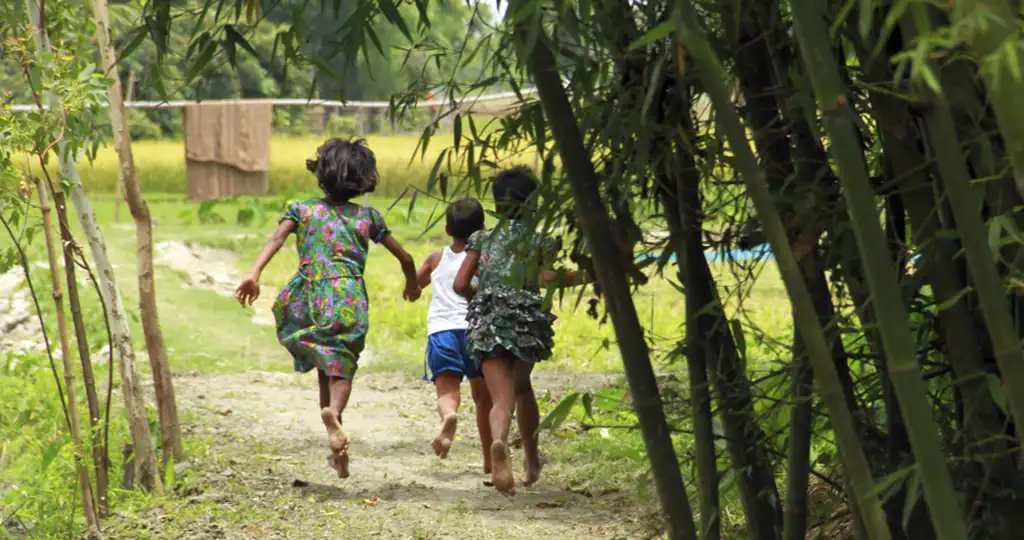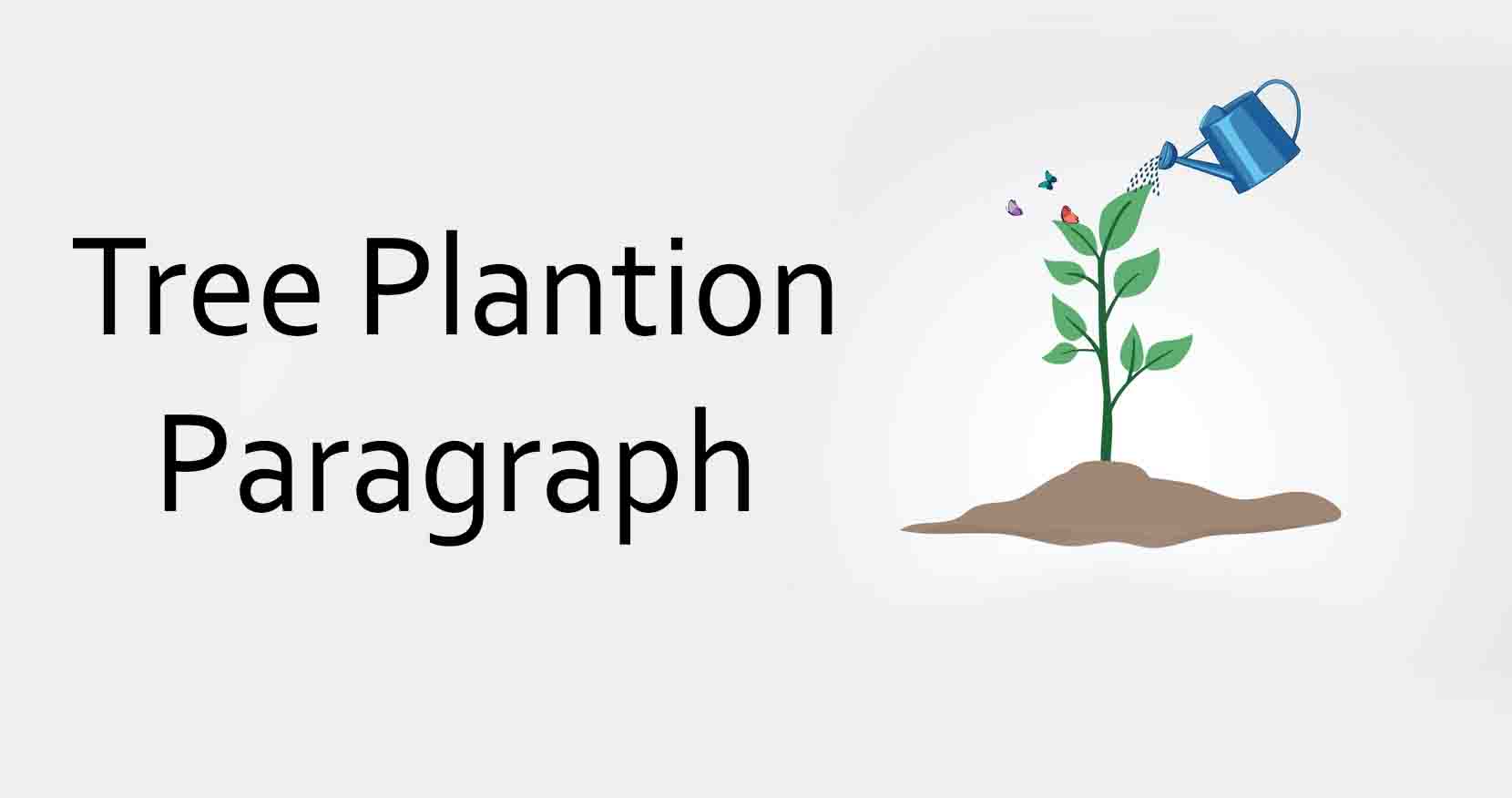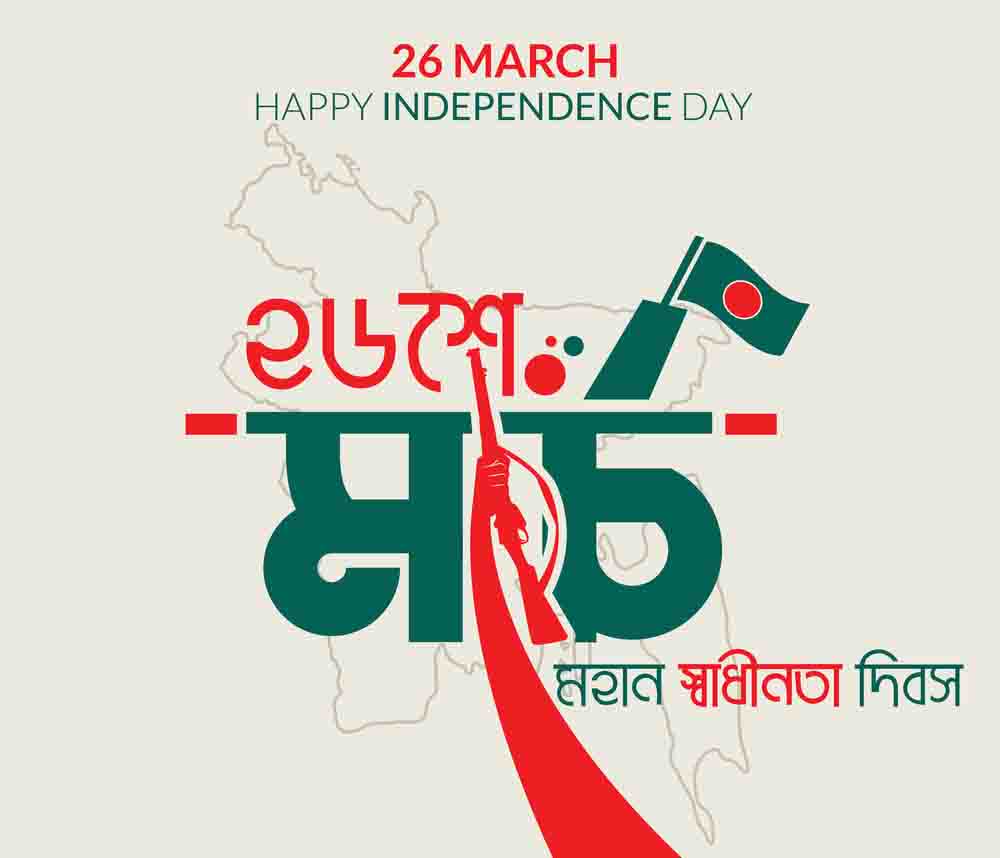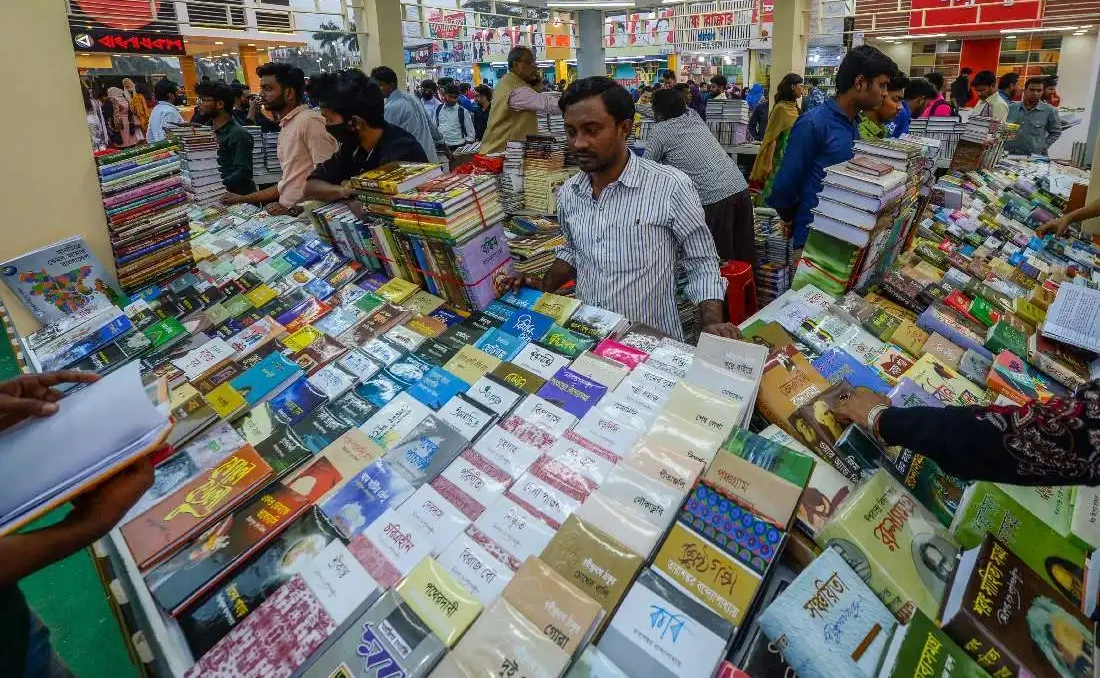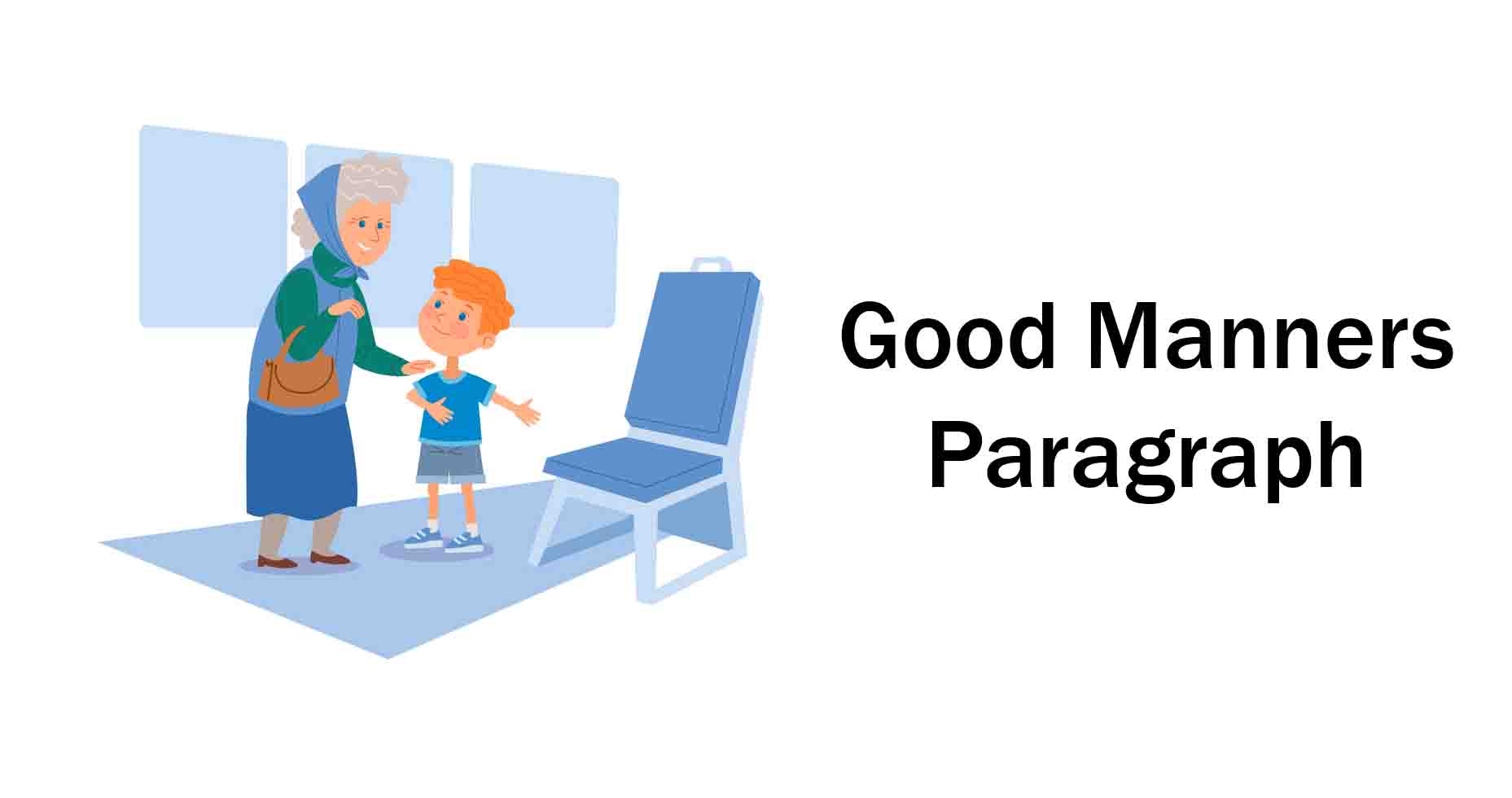Celebrating the Victory Day of Bangladesh Paragraph in 200, 300, 500 words
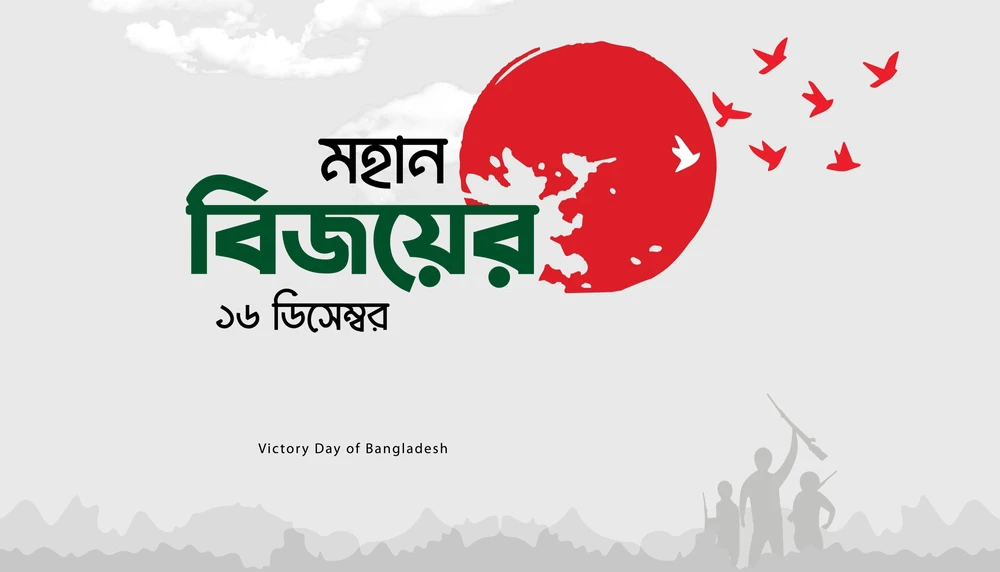
Victory Day of Bangladesh, celebrated on December 16, commemorates the country’s victory in the Liberation War of 1971, which led to its independence from Pakistan. This historic day is marked with national pride, honoring the sacrifices of the freedom fighters and the resilience of the Bengali people. Celebrations include parades, cultural events, and tributes to the martyrs, making it a day of unity and reflection for the nation.
Celebrating the Victory Day of Bangladesh Paragraph in 200 Words
Victory Day of Bangladesh celebrated on December 16, is a day of immense pride and significance for the nation. It marks the country’s victory in the Liberation War of 1971, which led to the emergence of Bangladesh as an independent nation, free from Pakistani rule. After nine months of intense struggle and sacrifice, the Pakistani military surrendered to the joint forces of the Mukti Bahini (freedom fighters) and the Indian military on this day, bringing an end to the war.
The day is celebrated with patriotic fervor across the country. The national flag is hoisted on government buildings, schools, and homes, while the streets are adorned with colorful decorations. Parades, cultural programs, and special prayers are organized to honor the martyrs and freedom fighters who laid down their lives for the country’s independence. Special tributes are paid at the National Martyrs’ Memorial in Savar, where the President, Prime Minister, and citizens gather to offer their respects.
Victory Day serves not only as a reminder of the nation’s hard-fought freedom but also as a symbol of unity, resilience, and hope for a brighter future. It is a time for Bangladeshis to come together and celebrate their shared history and identity.
Celebrating the Victory Day of Bangladesh Paragraph in 300 Words
Victory Day of Bangladesh, celebrated annually on December 16, is a day of profound national significance, marking the victory in the Liberation War of 1971 and the birth of Bangladesh as an independent nation. After a brutal nine-month conflict, in which millions of Bengalis lost their lives and millions more were displaced, the Pakistani military surrendered to the joint forces of the Mukti Bahini and the Indian military, officially ending the war. This momentous event signified the culmination of years of struggle for self-determination, following decades of political and cultural oppression by the Pakistani regime.
The day is observed with great enthusiasm and patriotic spirit across the country. The celebrations begin with the hoisting of the national flag at dawn, followed by ceremonial parades in the capital, Dhaka, and other major cities. The National Martyrs’ Memorial in Savar becomes the focal point of the day’s activities, as people from all walks of life, including political leaders, military officials, and civilians, gather to pay homage to the brave souls who sacrificed their lives for the nation’s freedom. Cultural programs, discussions, and exhibitions are organized to reflect on the history of the war and the values of independence.
Victory Day is not only a time for celebration but also a moment for reflection on the sacrifices made by the martyrs and freedom fighters. It reminds the nation of the struggles that led to independence and reinforces the collective identity and unity of Bangladeshis. Schools and institutions hold special programs, while media channels broadcast documentaries, films, and songs dedicated to the Liberation War. This day serves as a unifying force, reminding citizens of the importance of their freedom, the value of sovereignty, and the vision of building a prosperous, independent Bangladesh for future generations.
Celebrating the Victory Day of Bangladesh Paragraph in 500 Words
Victory Day of Bangladesh, celebrated on December 16 every year, is one of the most significant and cherished national holidays in the country. This day commemorates the end of the Liberation War of 1971, which culminated in the surrender of the Pakistani military to the joint forces of the Mukti Bahini (Bangladeshi freedom fighters) and the Indian military, leading to the independence of Bangladesh. The victory on December 16, 1971, was not just the conclusion of a nine-month-long war; it was the realization of the dream of self-determination, after decades of political, cultural, and economic repression faced by the people of East Pakistan (now Bangladesh) under the rule of West Pakistan.
The road to independence was paved with tremendous sacrifice. An estimated three million people lost their lives during the conflict, and over 200,000 women were subjected to heinous acts of violence. Millions more were displaced and sought refuge in neighboring India. The war began on March 26, 1971, when the Pakistani military launched a brutal crackdown on unarmed civilians in Dhaka, following Bangladesh’s declaration of independence. This operation, known as “Operation Searchlight,” was marked by widespread atrocities, including mass killings, rapes, and the destruction of homes. In response, the people of East Pakistan, under the leadership of Bangabandhu Sheikh Mujibur Rahman, launched a liberation movement, with the Mukti Bahini leading the armed struggle for independence.
Victory Day serves as a reminder of this historical struggle, and the celebrations are marked by a deep sense of patriotism and pride. The day begins with the hoisting of the national flag at dawn across the country. The main celebrations take place in Dhaka, with a grand parade held at the National Parade Ground, where members of the armed forces, paramilitary forces, and civilians participate. The President and Prime Minister, along with other high-ranking officials, lay wreaths at the National Martyrs’ Memorial in Savar, a monument dedicated to the memory of the brave souls who sacrificed their lives during the war. Throughout the day, schools, government institutions, and public organizations hold special events, such as cultural programs, discussions, and exhibitions, highlighting the importance of the Liberation War and the values of freedom and sovereignty.
One of the most important aspects of Victory Day is the tribute paid to the martyrs and freedom fighters, whose courage and sacrifice made the independence of Bangladesh possible. Families of war heroes, as well as survivors of the conflict, are honored during various ceremonies, with the nation collectively expressing its gratitude for their contributions. The day also serves as a platform for the younger generation to learn about their country’s history and to understand the value of independence, which was achieved at such a great cost.
Cultural performances, including patriotic songs, poetry recitations, and dramas depicting the events of the Liberation War, are a key part of the day’s celebrations. Media outlets broadcast special programs, documentaries, and films related to the war, ensuring that the stories of courage and sacrifice remain alive in the national consciousness.
Victory Day is not only a celebration of the past but also a moment to reflect on the progress made by the nation since its independence. It is a day that reinforces the ideals of unity, resilience, and hope, as Bangladesh continues to strive towards a brighter and more prosperous future, while never forgetting the sacrifices that brought the nation its freedom.
Also Read: HSC Paragraph Suggestion for 2025 Exam
